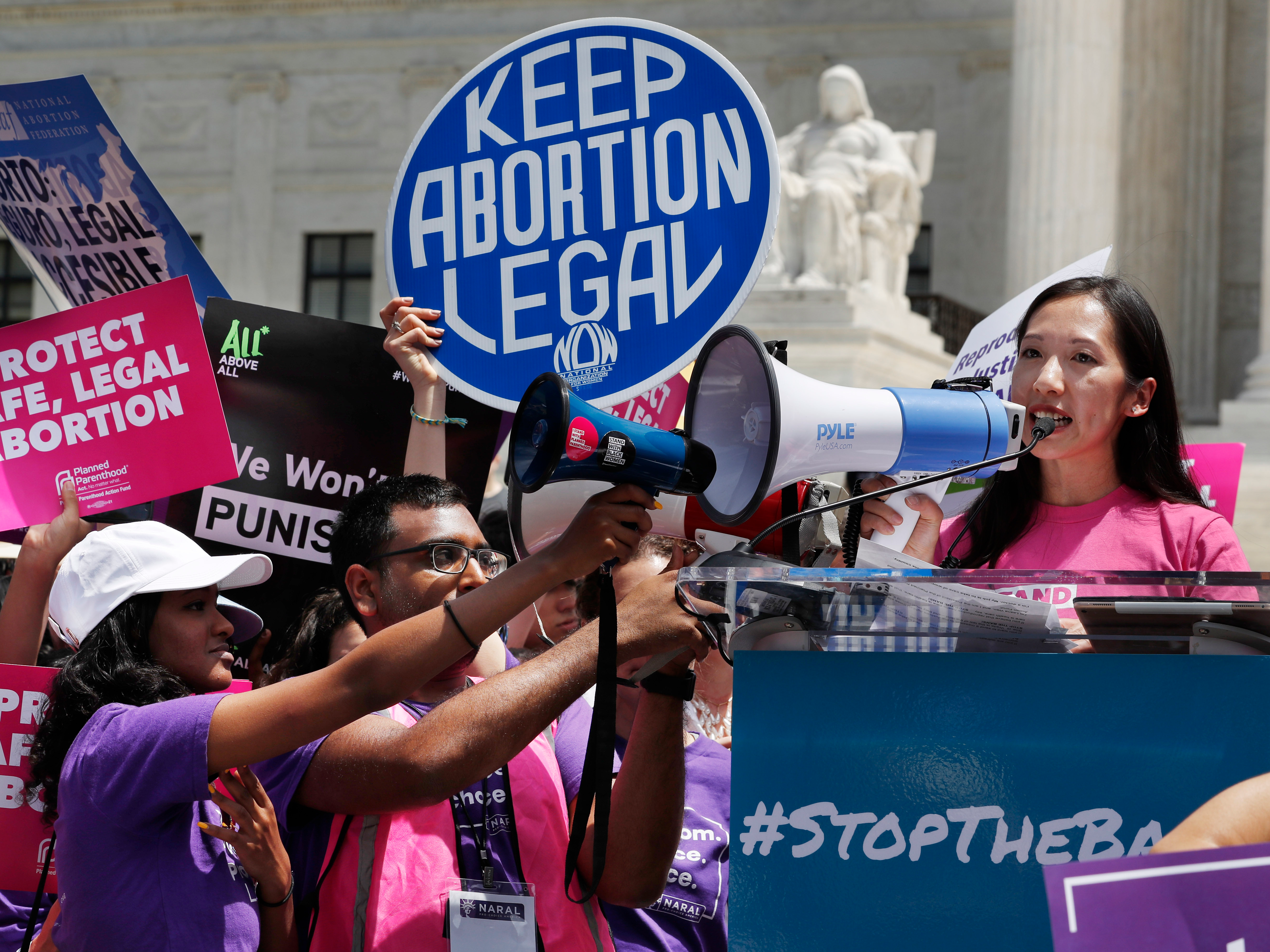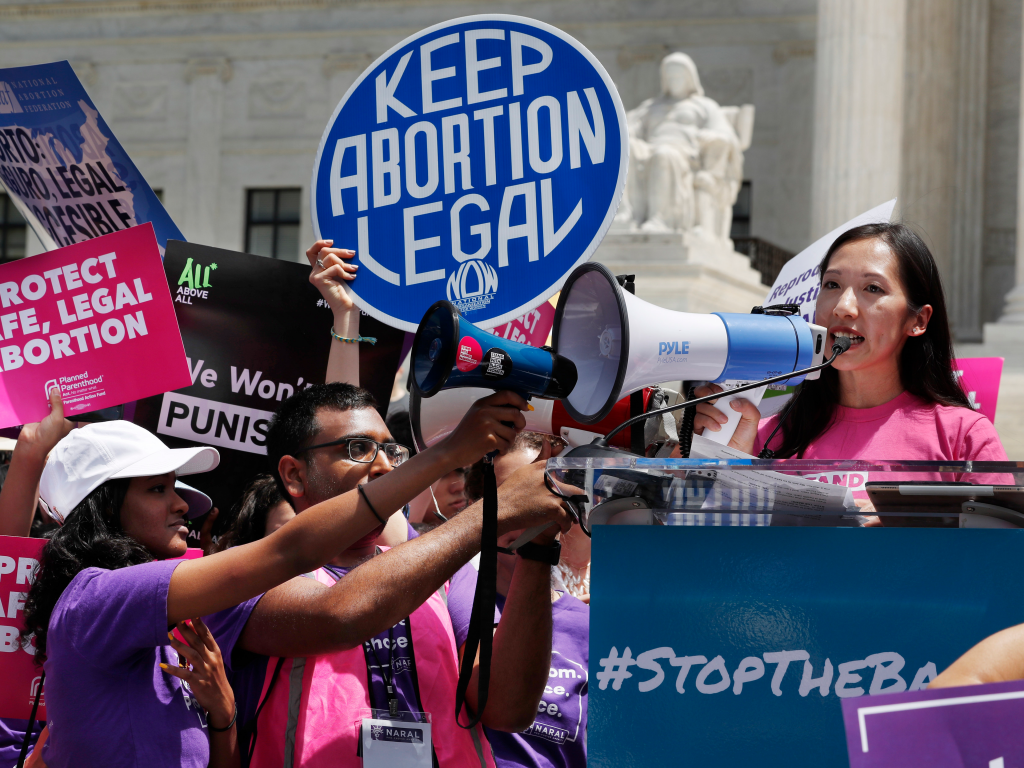
AP Photo/Jacquelyn Martin
- Former Planned President Dr. Leana Wen had a miscarriage while deciding whether to leave her post.
- In her new book, she said the organization suggested she use the loss to explain her departure.
- Instead, Wen wrote an op-ed about her miscarriage and another on her split from Planned Parenthood.
- Visit Insider's homepage for more stories.
Dr. Leana Wen was given an ultimatum: Change her strategy as president of Planned Parenthood, or leave.
The emergency physician and former Baltimore health commissioner had tried to position the organization as a nonpartisan healthcare institution, but its board wanted to double down on its progressive, pro-abortion advocacy.
Wen was struggling to make a decision when she learned she'd suffered a miscarriage, something that "was devastating in a way that I couldn't have anticipated," she writes in her new book, "Lifelines: A Doctor's Journey in the Fight for Public Health," out Tuesday.
The pain was compounded by others in her organization suggesting she use the loss to explain her departure in July 2019. "This was offensive and hurtful on so many levels," Wen wrote.
Wen wrote an op-ed about her miscarriage to control the narrative
Wen had told a colleague about her pregnancy loss, who told others without Wen's consent. Once the idea to use the heartbreak for public relations purposes circulated, Wen decided to take control by writing an op-ed for the Washington Post "so as not to have this deeply personal experience stolen from me," she wrote.
"I could not fathom the additional trauma if this news were made public by others who wished to use it for their own purposes."
In her op-ed, she said the experience has made her more committed to women's healthcare, citing how some states' abortion laws allow investigations into women who've miscarried. "What cruelty would that be, to compound the trauma of my miscarriage with the indignity of a government investigation into my personal medical records?" she wrote.
Some people aligned with Planned Parenthood criticized the op-ed, saying it stigmatized abortion
In her book, Wen said the op-ed prompted thousands of people with similar experiences to write her with gratitude, but others, presumably aligned with Planned Parenthood, said writing about miscarriage stigmatized abortion.
When the organization declined her request to have more time to decide on the ultimatum so she could recover with family, she knew what she had to do: leave.
But before her lawyers could come to a mutually agreed upon departure statement, Planned Parenthood's board voted her out. She learned about it through a New York Times news alert on her phone.
Once again, Wen took control of her narrative in an op-ed, this one for the New York Times. "Can we put aside partisan differences to do what is best for the people we serve?" she wrote. "Will the conversation continue to be dominated by a vocal minority from both ends of the spectrum, or can there be space for those of us in the middle to come together around shared values?"
The emotional pain of miscarriage can be compounded by circumstance
As many as 1 in 4 women experience a miscarriage in their lives, but that doesn't make it any less painful for some. Meghan Markle described the emotional pain as "an almost unbearable grief, experienced by many but talked about by few."
Research has shown that 29% of women who experienced a pregnancy loss had PTSD symptoms one month after that loss. 24% had anxiety and 11% had moderate to severe depression.
The drop in hormones can exacerbate the emotional lows, too, as can traumatic treatment from medical staff and people in your community. "This experience of compounding trauma is very common and is rarely talked about," Haley Neidich, a licensed mental health professional who specializes in maternal mental health and has experienced a miscarriage herself, previously told Insider.

